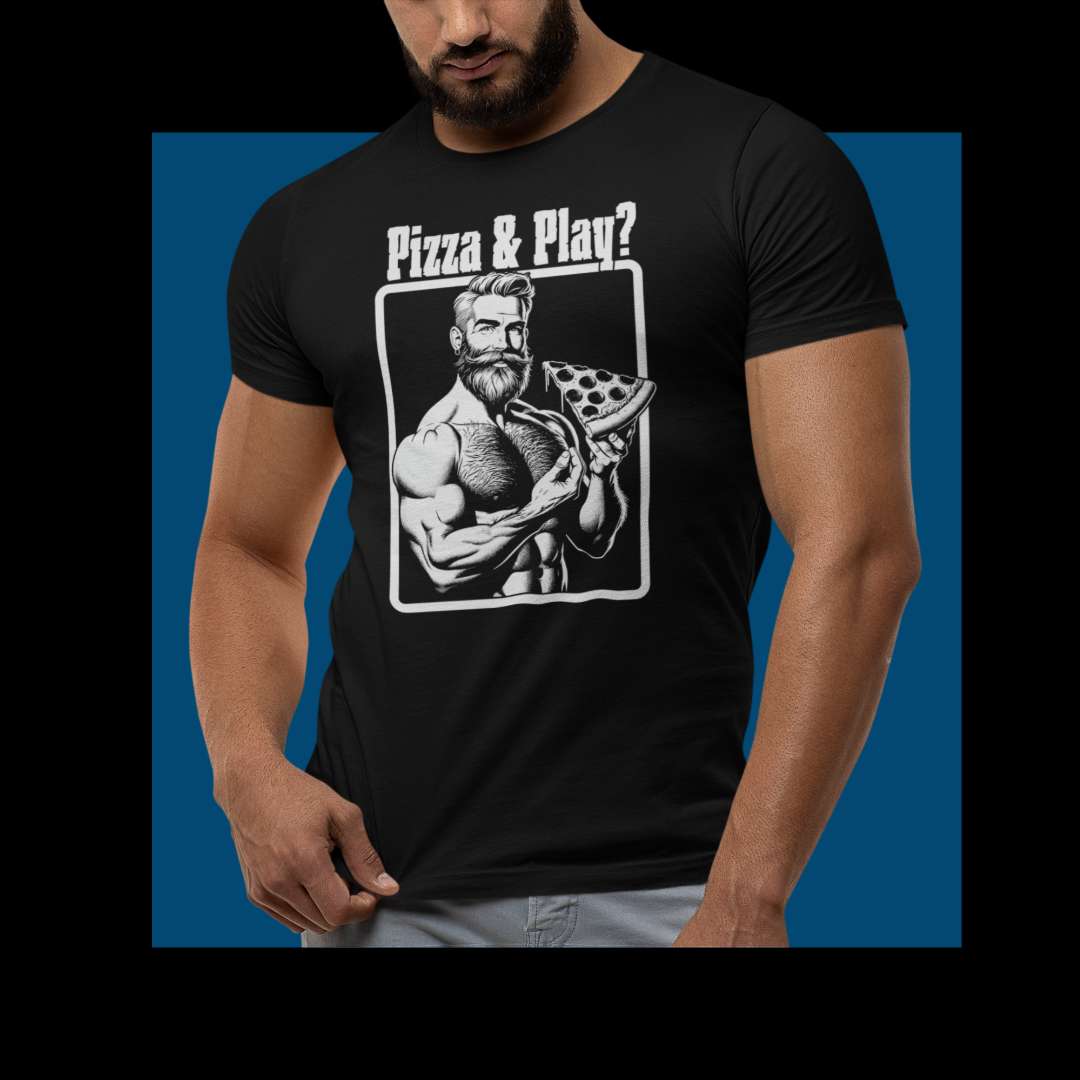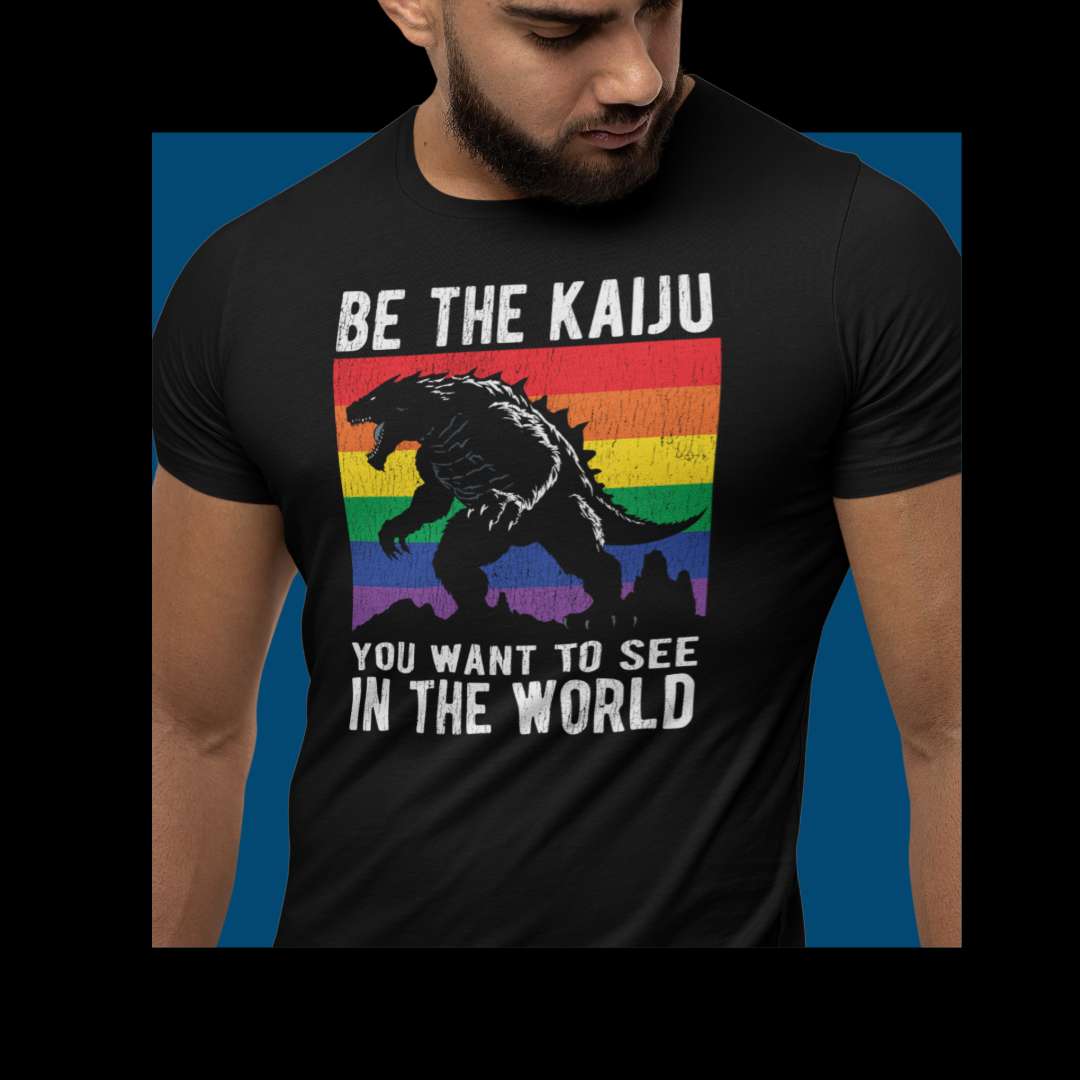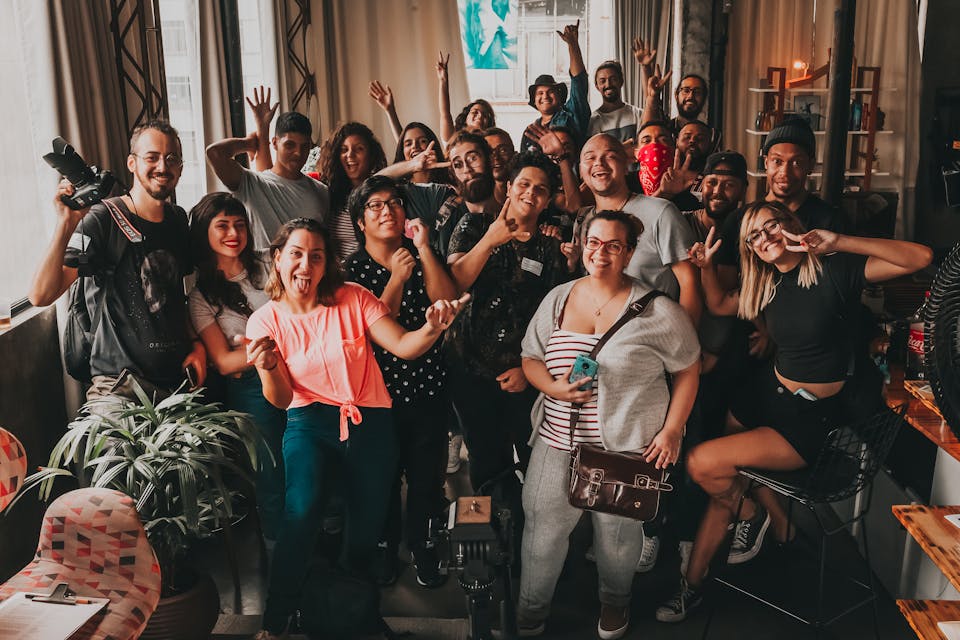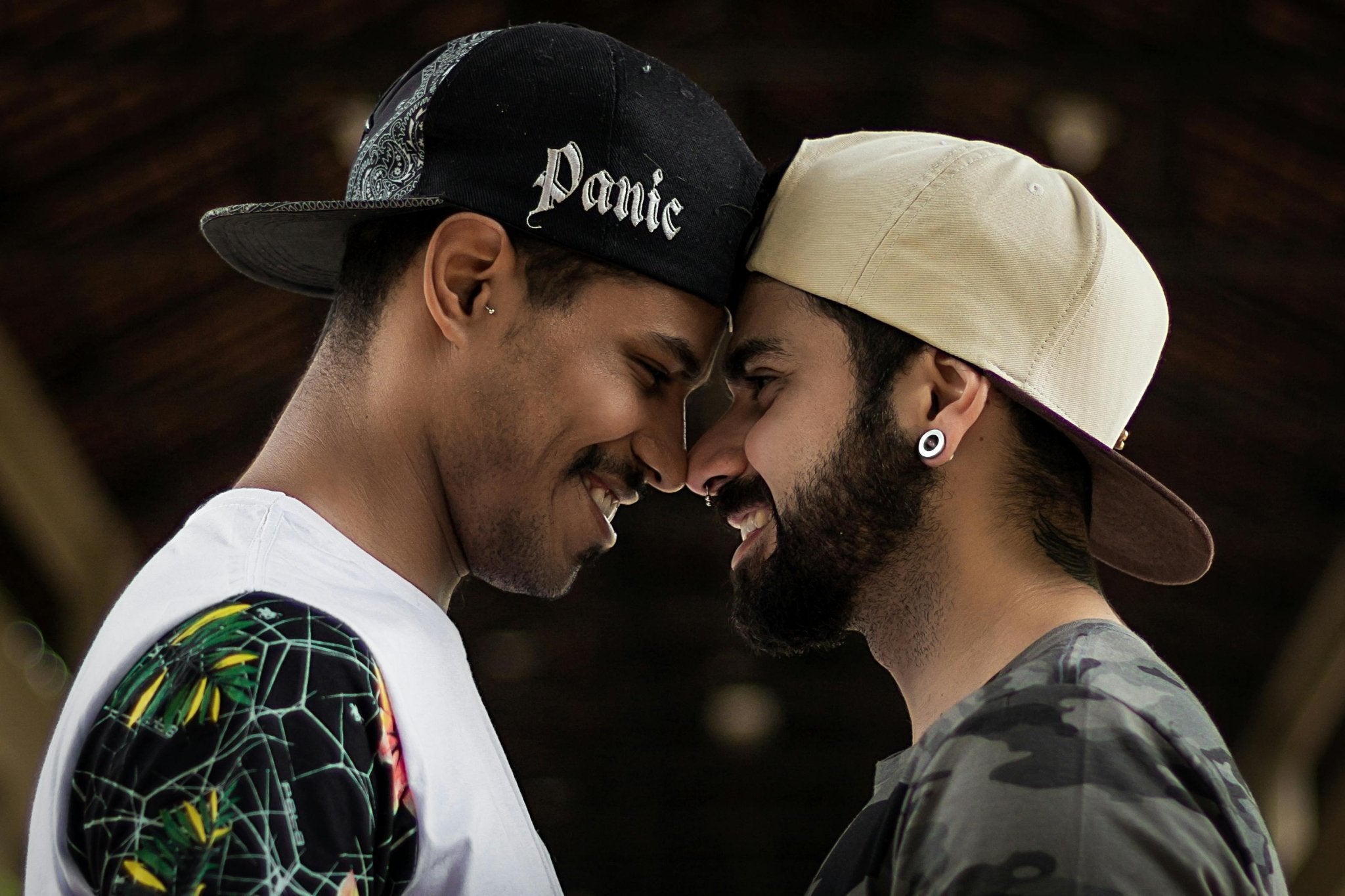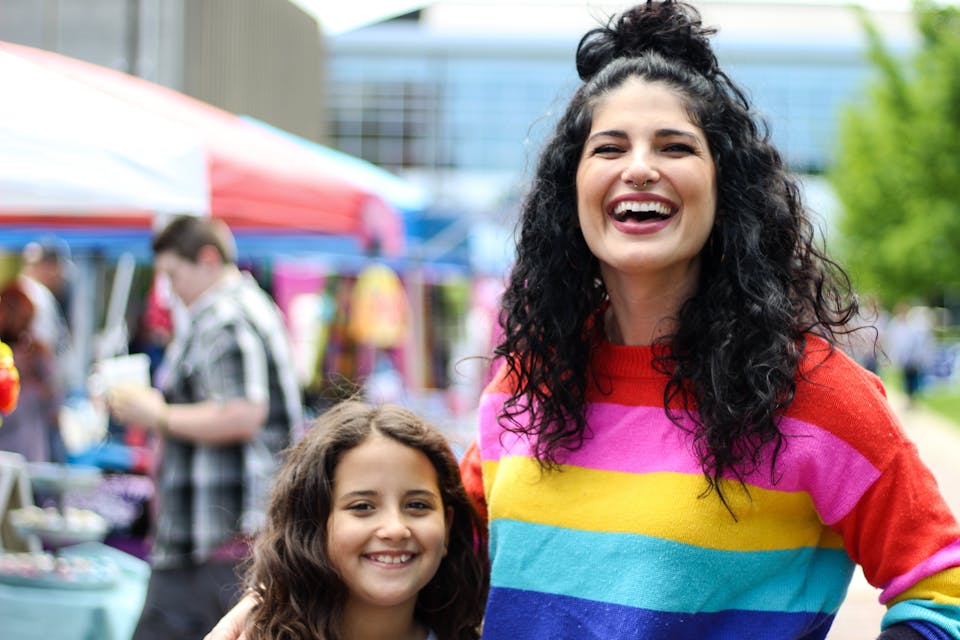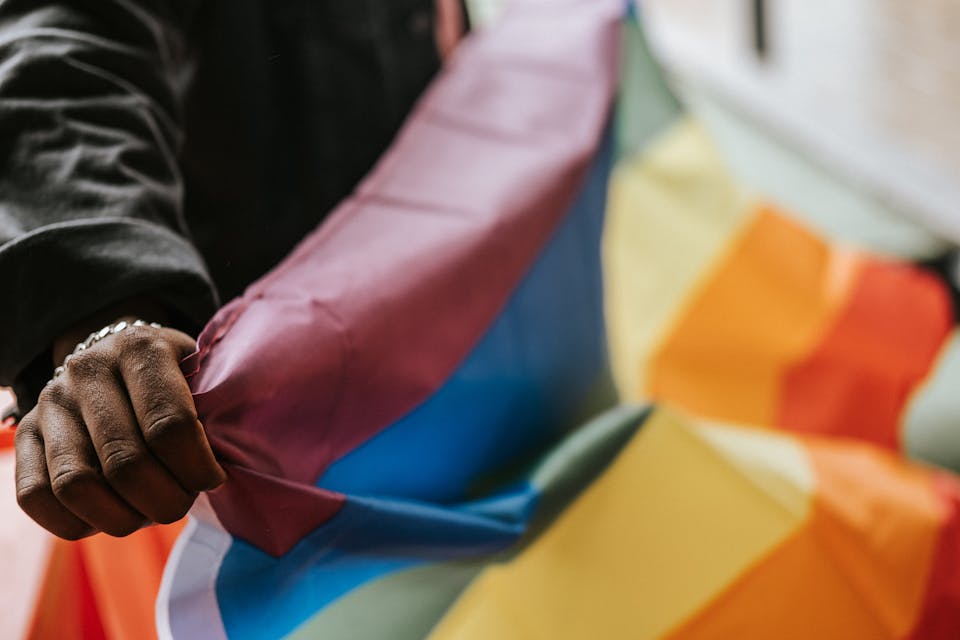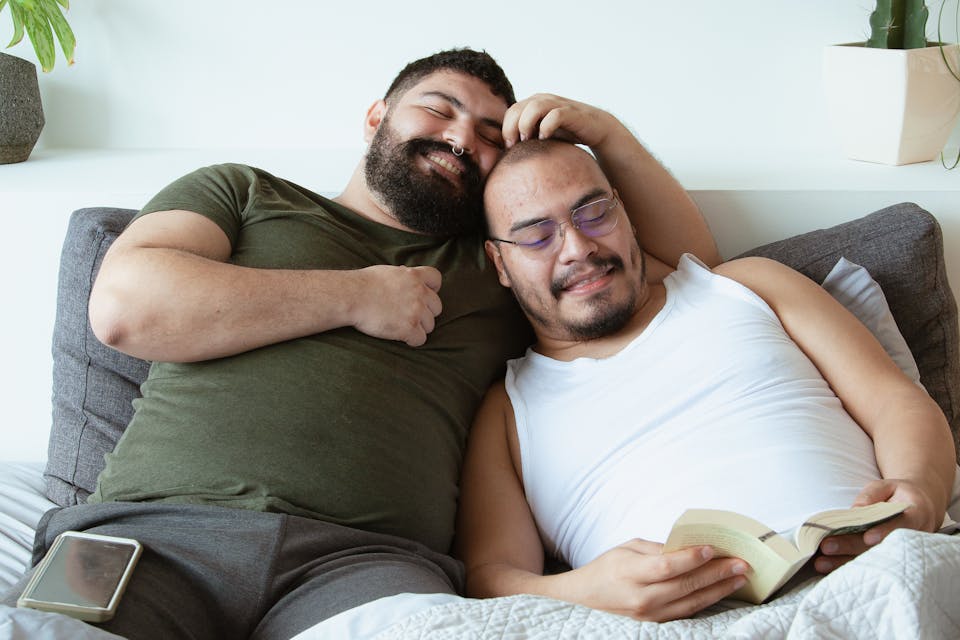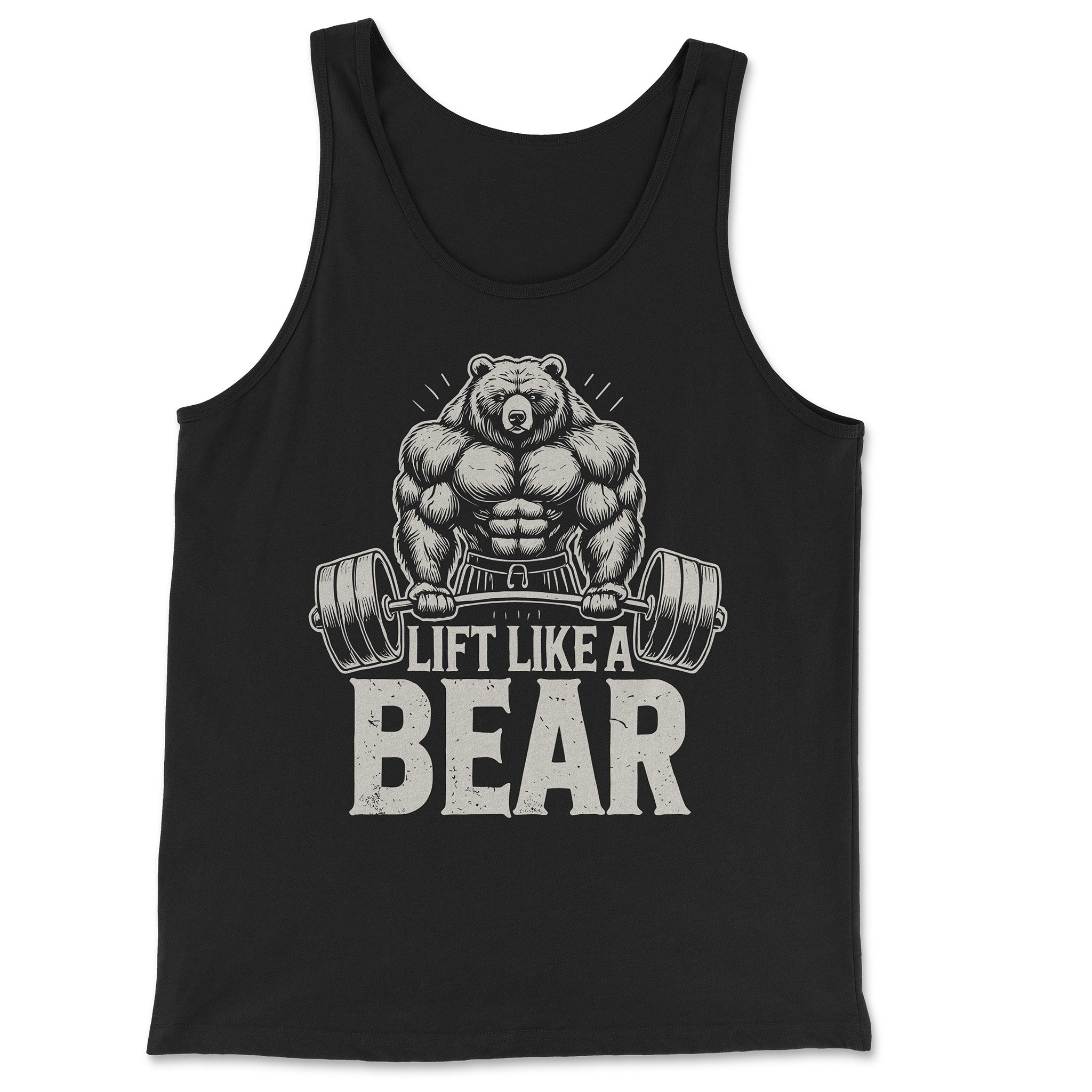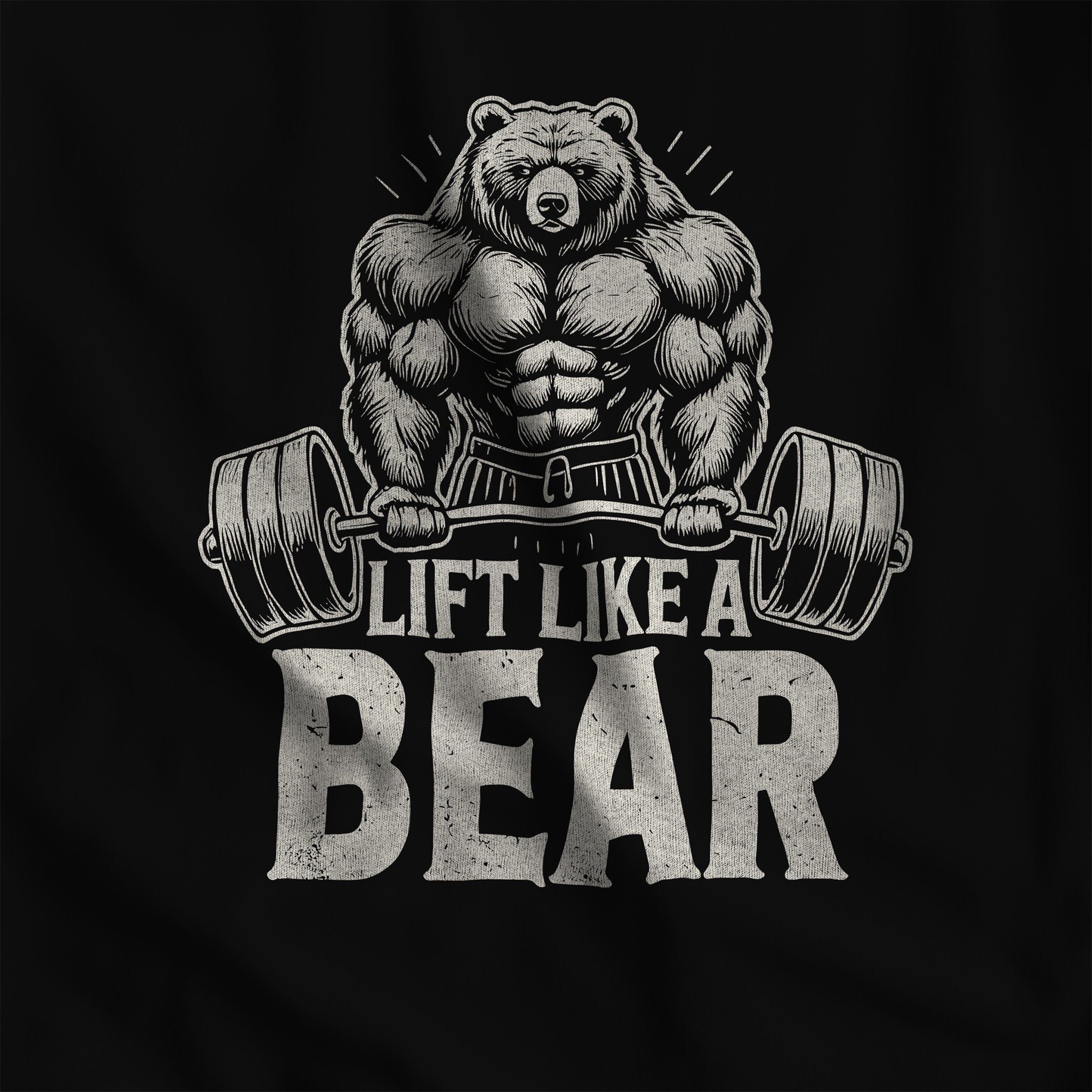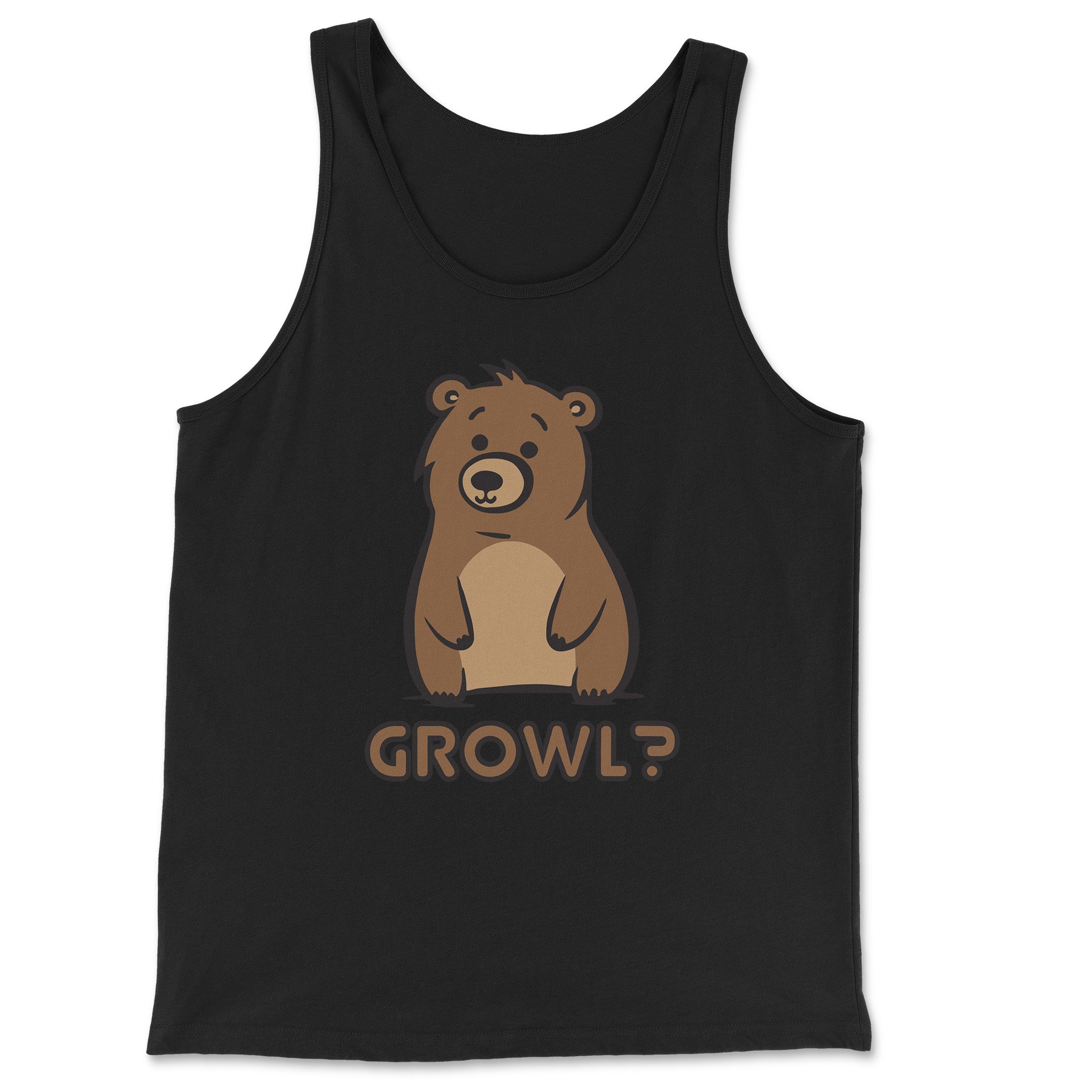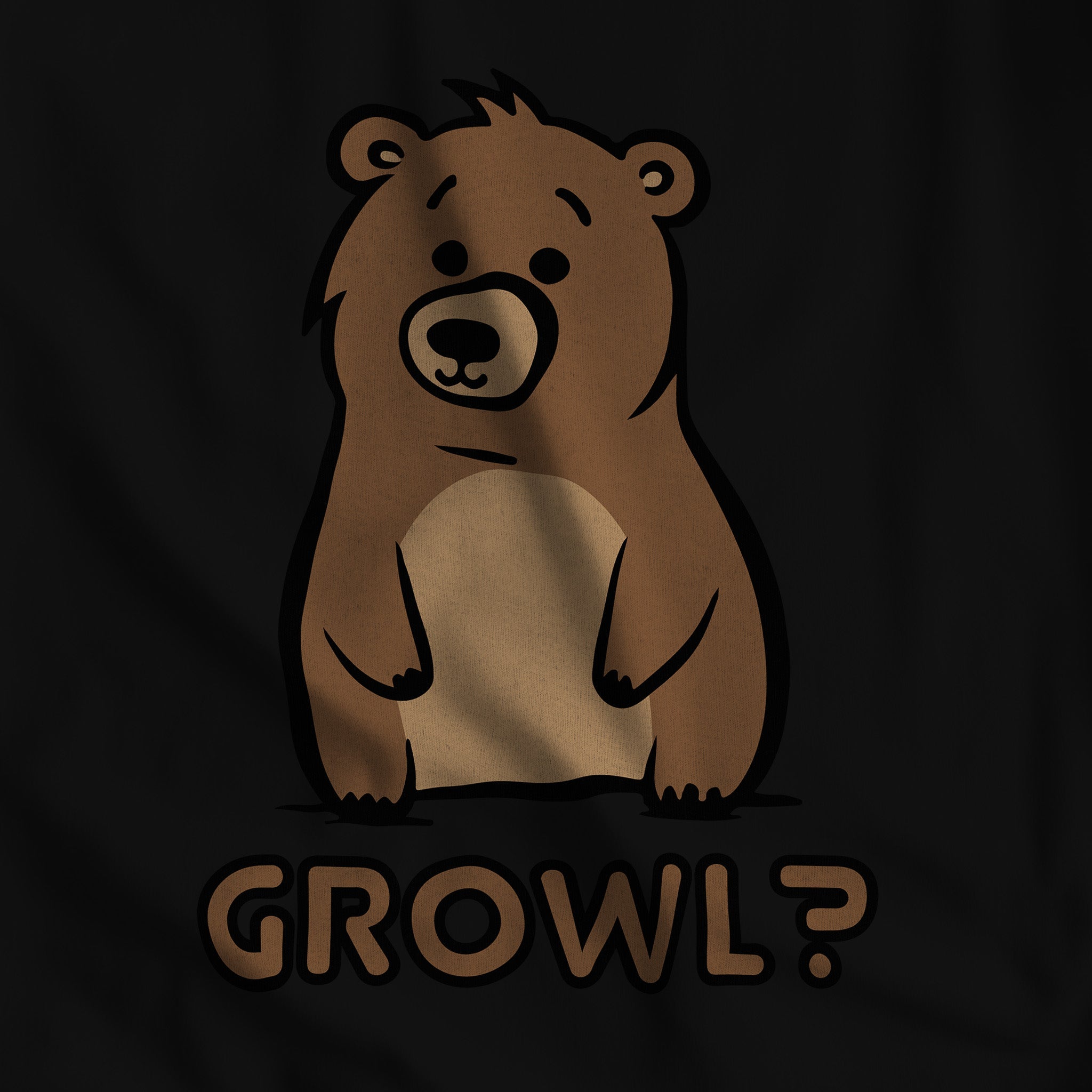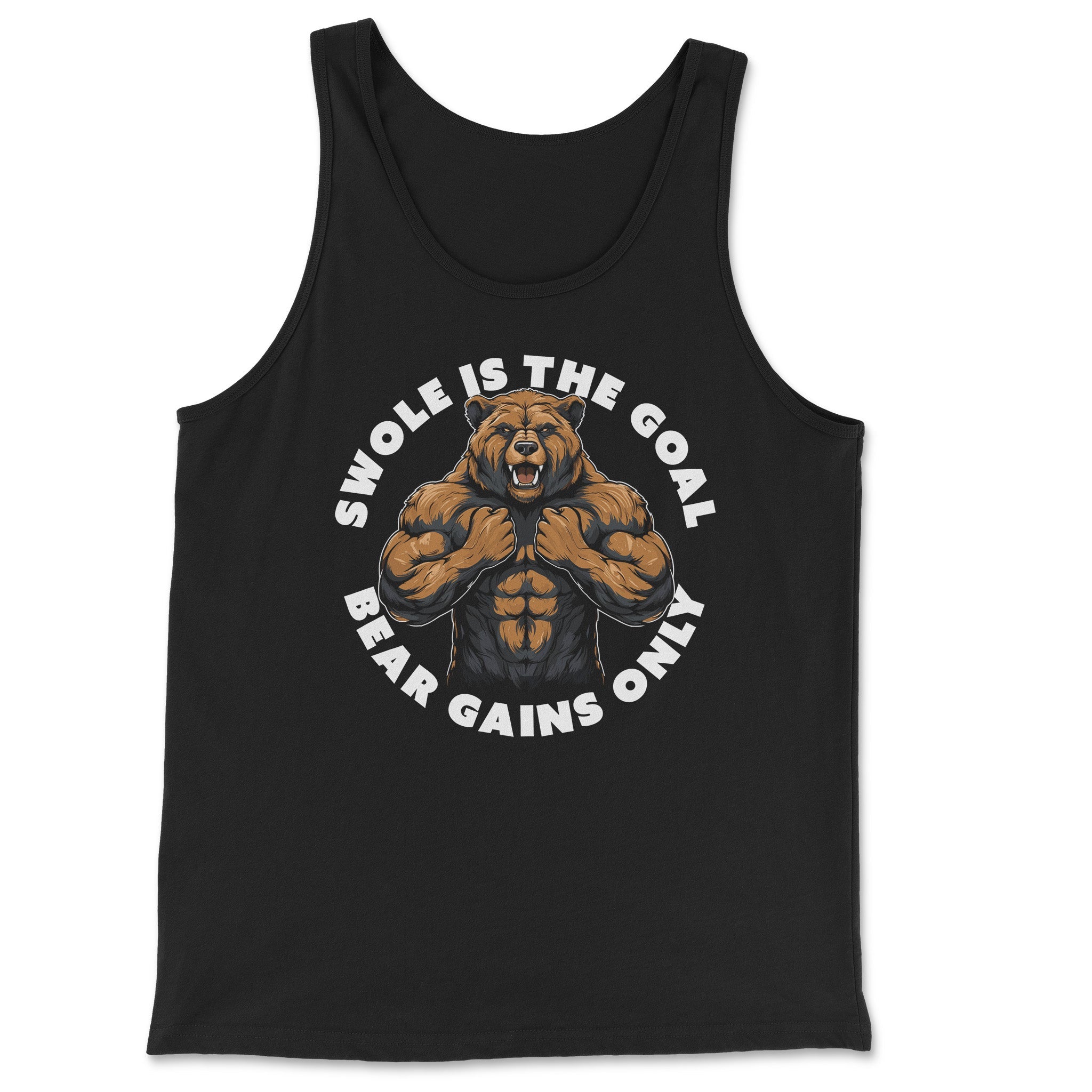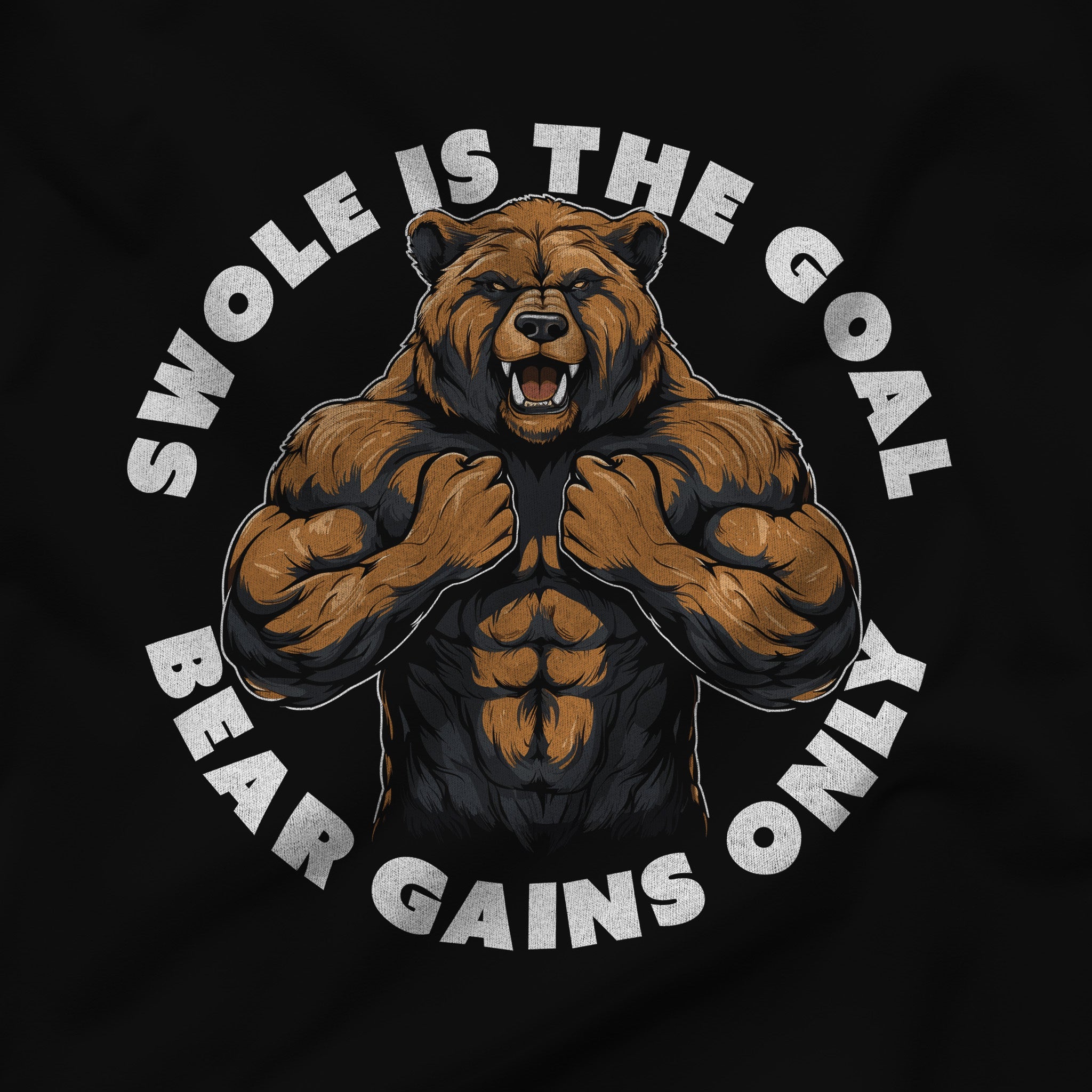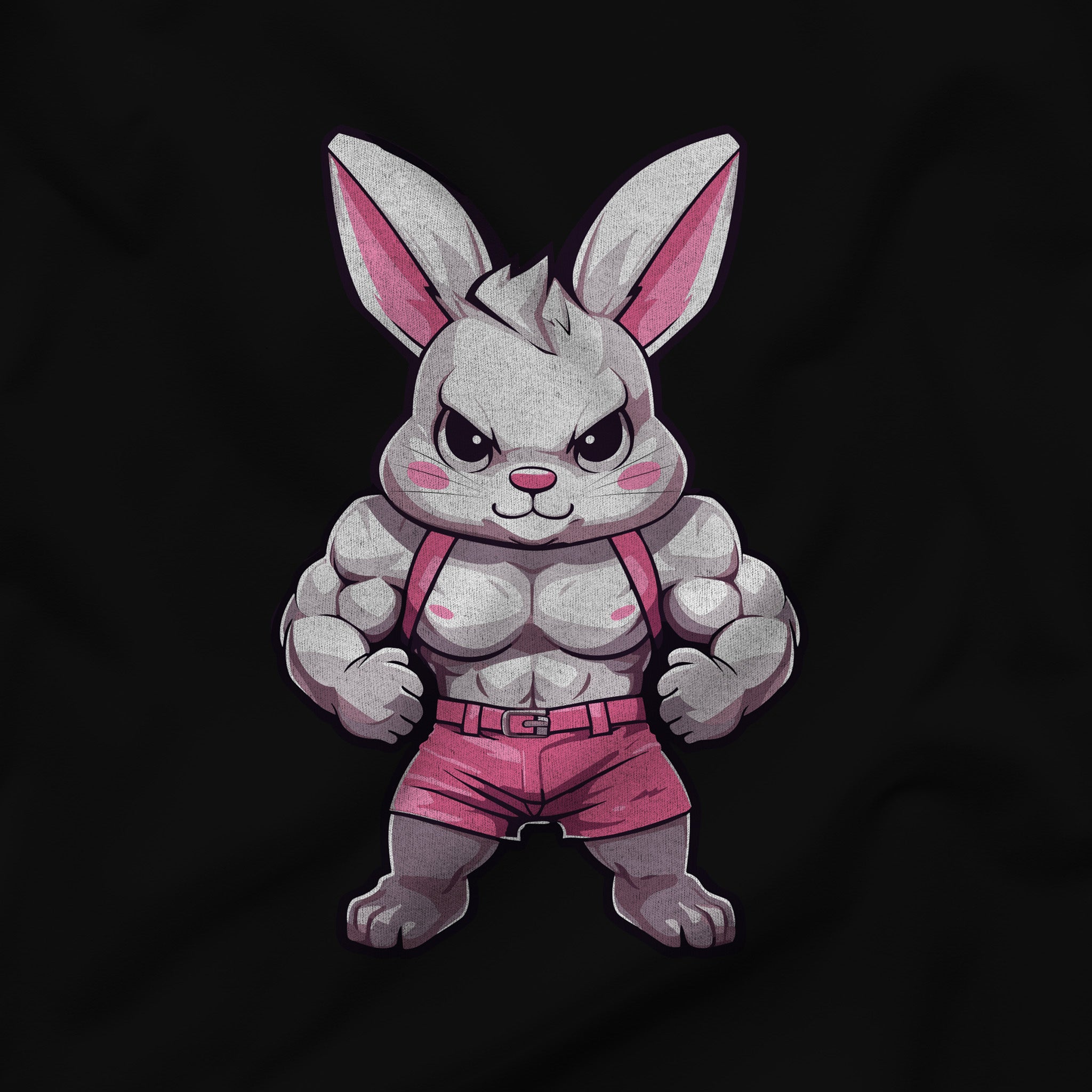Coming out should be a time for joy and celebration; a time when LGTBQ+ individuals step into the world and embrace their truest selves.
Unfortunately, not everyone has access to the community support they need to understand, embrace, and celebrate their identity.
This is where online communities demonstrate real power in providing support, resources, and a sense of belonging to those at the beginning of their coming out journey.
The Impact of Online Communities on LGBTQ+ Youth
While the impact of online communities can be felt throughout the queer community, their effects can be best observed in LGBTQ+ youth.
In the United States, LGBTQ+ youth spend approximately 45 minutes more online per day compared to their non-LGBTQ+ counterparts. Similarly, 50% of queer youth report having at least one close online friend compared to 19% of non-queer youth.
It is evident, even on the surface, that online spaces play a significant role in their lives and multiple studies exist to support this understanding.
LGBTQ+ youth use the internet to validate their experiences, explore their identities, and connect with other LGBTQ+ individuals. It is a place where they seek resources on sexual health and mental wellness.
A 2014 study found that 65% of bisexual youth and 78% of gay/lesbian/queer youth have searched for sexual health information online compared to just 19% of heterosexual youth. The reasons for this are likely twofold. First, there is an anonymity that can come with being online, making it easier to ask difficult or embarrassing questions. Second, it is likely that these queer youth have no one else in their life to turn to for answers.
Significance of Affirming Online Communities for Mental Health and Well-Being
It is no surprise that 76% of LGBTQ+ youth are likely to seek help online in a time of crisis.
According to the Trevor Project’s 2023 U.S. National Survey on the Mental Health of LGBTQ Young People, less than 40% of LGBTQ+ youth found their home to be an affirming space. And nearly 1 in 3 said their mental health was poor due to anti-LGBTQ+ legislation and policies. 2 in 3 also reported that hearing about potential state or local laws banning people from discussing LGBTQ+ people at school made their mental health worse.
Social media platforms like TikTok have seen a rise in queer signaling, helping LGBTQ+ individuals of all ages find one another and create safe spaces. But Queer signaling is not new. The hanky code, wearing a gold pinky ring on the left hand, joining a “sewing circle,” or identifying yourself as a “friend of Dorothy” predates social media. These subtle cues and nods allow queer individuals to let their guard down and know they are among their peers.
Access to people who see you, affirm who you are, and celebrate it—even if you are not yet able to—is a critical piece in the mental health and well-being of queer people of all ages.
The Role of Online Communities in Coming Out Later in Life
Affirming online communities are not just important for queer youth, they also play a significant role for queer adults or those coming out later in life.
For many adults who are questioning or yet to come out, online communities provide space to explore their identity and try out different social interactions.
Platforms like Facebook, for example, are full of local community groups and pages that speak to a wide range of interests, including those geared toward queer people. Local pride groups, queer sports leagues, theatre groups, book clubs, pub nights, you name it, you can find it. These groups provide access to the community both on and offline but also hold space for those who are just figuring it out.
Many of these groups do not require active participation, allowing individuals to join and take it all in without feeling pressured to do or be anything they are not yet prepared to be. They can simply observe while building confidence and a sense of self.
For some individuals that come out in adulthood, especially if they have been living a heteronormative existence, they may not have queer friends or family. Even for individuals that have the support of their loved ones, it is often necessary to build a queer social network. Online spaces make that task much easier.
Similarly, coming out later in life can lead to a steep learning curve. Online resources, chat groups, community groups, and even Reddit threads can help individuals learn and grow without the fear of rejection.
The Importance of Online Communities in Creating Safe Spaces
Online communities play a critical role in creating safe spaces for LGBTQ+ individuals. We live in a political climate that is hostile to the LGBTQ+ community. Add to that potential religious and cultural objections and persecutions, threats of violence, and possible familial and social rejection and it becomes clear that online spaces can fill in some of the gaps.
A great example is Stand In Pride. Stand In Pride groups can be found all over social media and the objective is to connect LGBTQ+ people who have no family or support systems with allies and other LGBTQ+ people who will “stand in” as family when needed. It is geographically targeted so that if you need someone to stand in as a parent at a major life event, or you just need someone to talk to over a cup of coffee, you can find it safely and easily.
Online communities are particularly significant in addressing intersectionality. The unfortunate reality of queerness in North America is the centering of white queerness. For example, more people know Caitlin Jenner than Marsha P. Johnson. So many elements of queer culture can be traced to black, trans women and yet, they are often minimized or erased from the narrative.
Queer POCs have concerns and challenges that are unique to them, and community is an important piece in working through addressing these factors.
TikTok, Tumblr, and other online platforms are carving out spaces for queer POCs, elevating that particular segment of the community, enabling them to celebrate and take pride in all the elements that make up their identity.
The more people see themselves reflected in the world, the stronger and more confident they will become in who they are. If you can’t see it, how do you know how to be it? And the only way to fight back against this particular form of oppression and discrimination is to communicate, organize, and take up the space you have every right to occupy.
The effect of online safe spaces is not limited to the online realm. The sense of community, confidence, and reassurance they provide can extend to the offline world. Small acts of kindness, affirmations, and access to educational resources can make all the difference in both the coming out process and the day-to-day life of a queer person.
Build Community with Hunky Tops
At Hunky Tops, we understand the importance of online community. As a queer, Latino-owned business, we know how difficult it can be to see yourself reflected in the world. Even within the queer community, it can be hard to know where you fit.
Our aim is to provide clothing that helps you express your personality and style but also to create a safe online community where you can feel seen, heard and acknowledged.
Explore our store for our latest designs and visit our blog for informative and entertaining queer-friendly content!

